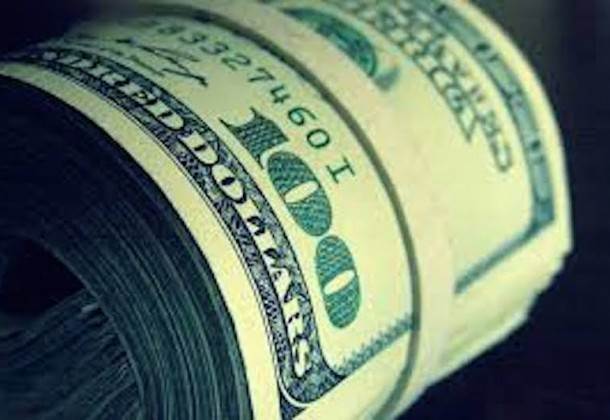 The U.S. dollar hit fresh highs against the Australian and New Zealand dollars on Thursday as traders sought cash due to continued coronavirus panic. The Australian dollar hit a 17-year low as the greenback surged 1 percent, and the New Zealand dollar hit an 11-year low while the greenback jumped 2 percent.
The U.S. dollar hit fresh highs against the Australian and New Zealand dollars on Thursday as traders sought cash due to continued coronavirus panic. The Australian dollar hit a 17-year low as the greenback surged 1 percent, and the New Zealand dollar hit an 11-year low while the greenback jumped 2 percent.
As of 3:08 p.m. HK/SIN the Aussie was trading at $0.574 against the dollar, down 0.537 percent. The dollar was also up 0.55 percent against the yen to trade at 108.65. The dollar also rose 1 percent against the pound during Thursday’s Asian trading session to touch near a 35-year high of $1.507 before retreating slightly to settle at $1.155 in the mid-afternoon.
Investors are selling their assets and moving their money to dollars to combat the uncertainty caused by the novel coronavirus. The flight to dollars has surprised many analysts who expected traders to remain invested due to financial stimulus introduced by global central banks. The measures, however, have been surprisingly inefficient in keeping money in the markets.
The European Central Bank announced on Thursday morning that it will be launching a 750 billion-euro emergency bond purchase scheme in order to stop the coronavirus panic from demolishing the eurozone’s economy. The move may be the first step in staunching the damage, but analysts are wondering whether the bloc will be able to maintain its cohesion during these challenging times. As the number of COVID-19 cases in China continues to decline, the number of cases in Europe continues to soar, and the region is now considered the new epicenter for the spread of the disease.
Still, ECB President Christine Lagarde has reinforced the notion that the ECB is wholly committed to the common currency. “There are no limits to our commitment to the euro,” she said. We are determined to use the full potential of our tools, within our mandate.”
European shares edged higher on Thursday morning after the ECB’s announcement, with France’s CAC gaining 2.01 percent as of 9:49 a.m. GMT. The STOXX600 was up 0.28 percent, and the FTSE MIB gained 3.12 percent.
